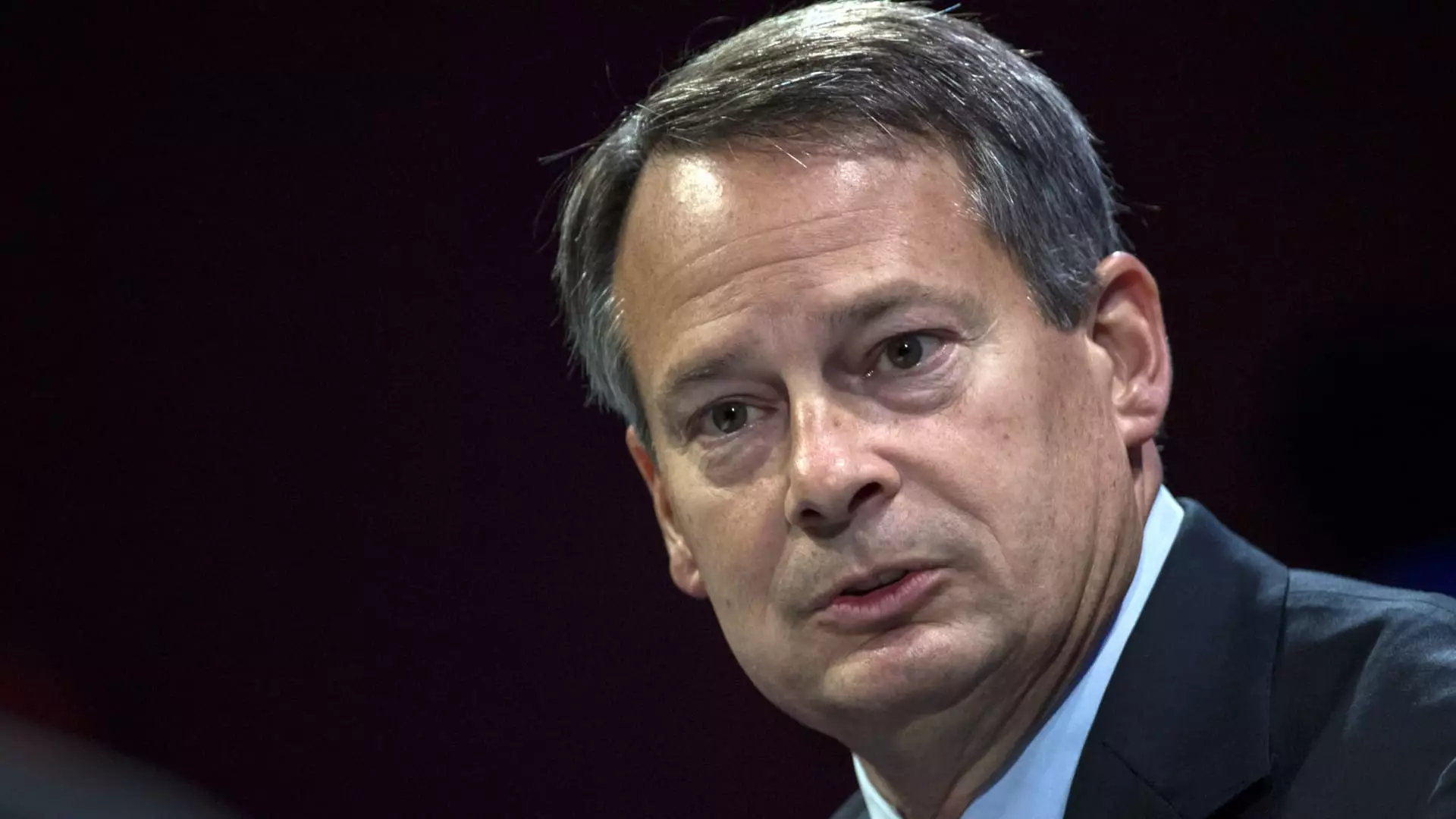The announcement of Walt Bettinger’s retirement as CEO of Charles Schwab after 16 impactful years highlights both the significance of his leadership and the promising future under incoming CEO Rick Wurster. As the financial landscape continuously evolves, Bettinger’s tenure has marked a period of significant growth for the brokerage firm, transforming it into a powerhouse in the investing world. However, the decision to step down aligns with the natural progression of leadership, especially as Bettinger approaches his 65th birthday.
Bettinger’s leadership has undeniably reshaped Schwab, steering it through the tumultuous waters of the financial crisis and beyond, culminating in a staggering increase of client assets from $1.14 trillion to nearly $9.74 trillion. This impressive growth trajectory is not solely attributable to Bettinger’s leadership but also to strategic expansions, most notably the acquisition of TD Ameritrade in 2020, which incorporated a vast array of new clients and resources, thereby enhancing Schwab’s competitive edge.
Wurster: The New Visionary Leader
Rick Wurster’s ascent to the CEO position symbolizes both continuity and change. As the President of Schwab, Wurster has been integral to the company’s operations for the past eight years, providing stability during a pivotal expansion phase. His assurance to stakeholders that there will not be an immediate overhaul of the firm’s strategic vision offers a sense of security. The commitment to “deliver for our clients and delight them” indicates that the foundational principles established by Bettinger will remain intact as Wurster’s leadership unfolds.
Wurster’s experience positions him well to navigate the challenges that come with banking in a dynamic market. As financial services evolve with advancements in technology and shifts in consumer behavior, Wurster’s task will be to build on his predecessor’s achievements while embracing innovation to cater to a diverse client base.
The Ongoing Challenge of Market Performance
Despite significant achievements during Bettinger’s tenure, such as the remarkable 150% increase in Schwab’s share price, it is also important to recognize the areas of underperformance. Over the past two years, Schwab’s stock has lagged behind the wider market, raising questions about the firm’s approach amidst external economic pressures. These market dynamics will be one of the key challenges Wurster faces as he steps into his new role, demanding a careful analysis of market conditions and a proactive strategy development to reinvigorate investor confidence.
Bettinger’s legacy will be characterized by resilience and growth, but it will be up to Wurster to harness that legacy while steering the firm through contemporary challenges. The transition period will test the strength of Schwab’s foundational values and Wurster’s leadership capabilities as they work to ensure the company remains competitive and aligned with its clients’ needs.
As Walt Bettinger closes a significant chapter in his career, the brokerage world watches closely to see how Rick Wurster will carry the torch. While the road ahead may present hurdles, the groundwork laid during Bettinger’s tenure provides a robust foundation for future growth. With a steady hand at the helm and a commitment to client satisfaction, Schwab is poised for a new era of innovation and success.

